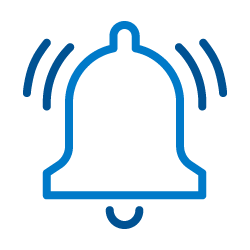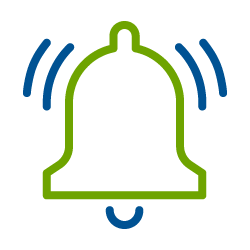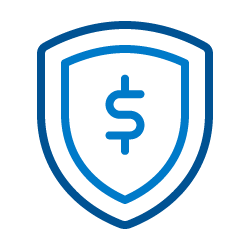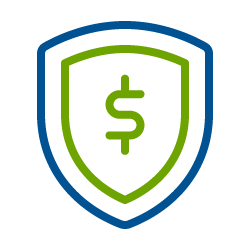Tips and tricks for online safety

We have all had suspect milk in the fridge and checked to see if it passes the ‘sniff test.’ Believe it or not, the same logic can be applied to avoid being tricked by online hackers. With these digital tricks, it’s often instinct and gut feelings that can keep you from being taken advantage of.
- Do not share sensitive, personal information about yourself, family, or friends online. This information is the key hackers need to unlock the door to everything.
- Activate privacy settings. Look at the privacy settings for the social media services that you use and make sure that you’re only sharing information with people you know.
- Don’t provide information about yourself that will allow others to answer your security questions (I forgot my password key questions).
- Use URL extenders to see where the shortened link is going to take you. For example, you can see if the short link really goes to Amazon or a Amazon ‘lookalike’ site that wants you to enter your username and password so that they can commit fraud with your account.
- When typing a URL in, look to make sure that everything seems kosher before you hit enter, e.g. check for any spelling errors.
- Beware of digital impersonators. Do they pass the sniff test? Trust your gut. Validate it’s an actual person and not a bad actor trying to take advantage of you.
- If a friend sends you a message that makes you feel suspicious, or if they’re asking you to do something that doesn’t seem quite right, consider picking up the phone to call or text to verify the request is legitimate.
- Take annual security awareness training to stay in the know on the latest threats and how to avoid them.
- Avoid accessing profile accounts from public computers or through public Wi-Fi spots.
- Avoid sharing posts from unknown accounts before verifying their validity.
- Don’t click on a link or open an attachment in an email unless you have verified with the user that it’s from them. Hackers often use the email accounts of others to share malware with trusting friends.
These helpful tips are provided by Digital Defense, Inc., a computer security company that works to help insure the privacy and security of our nation’s financial information.














